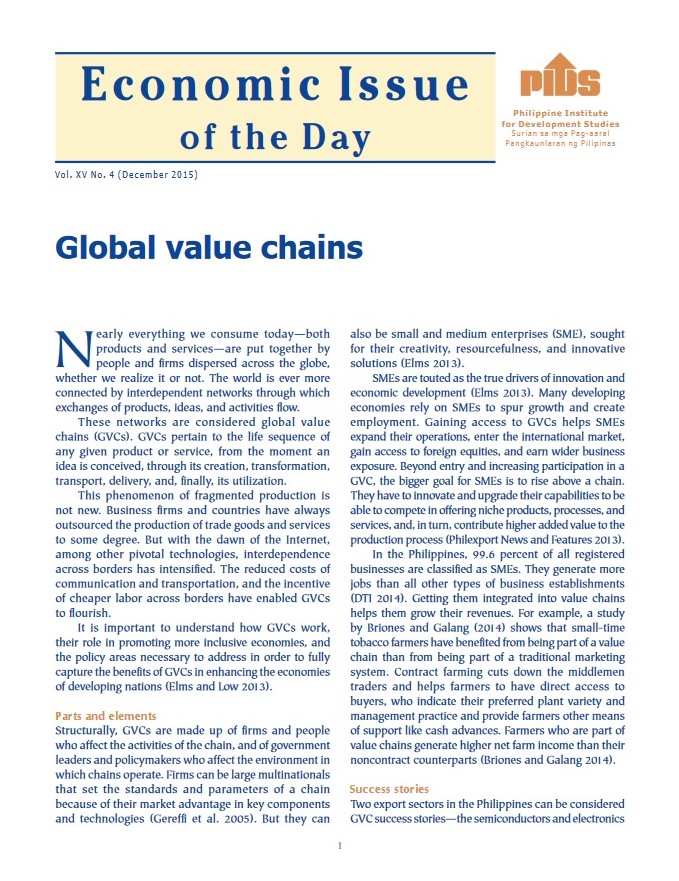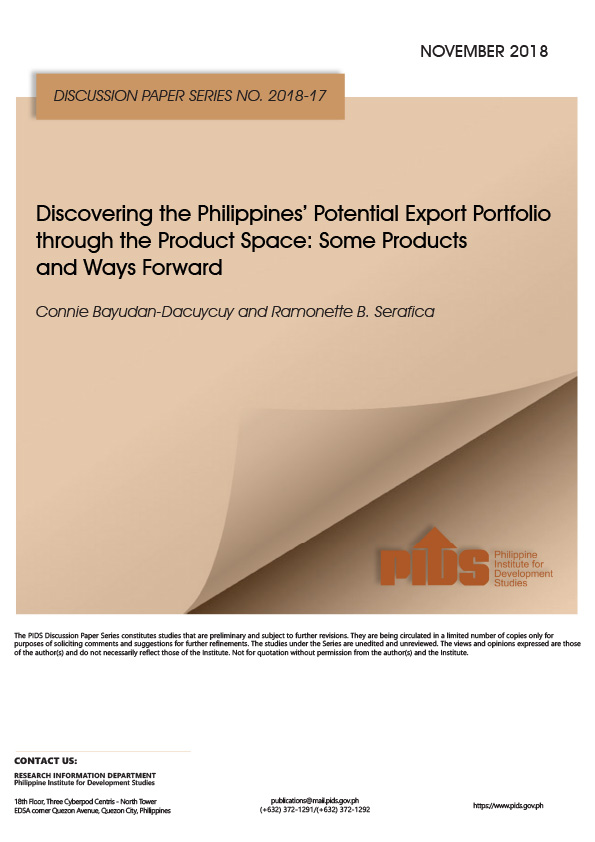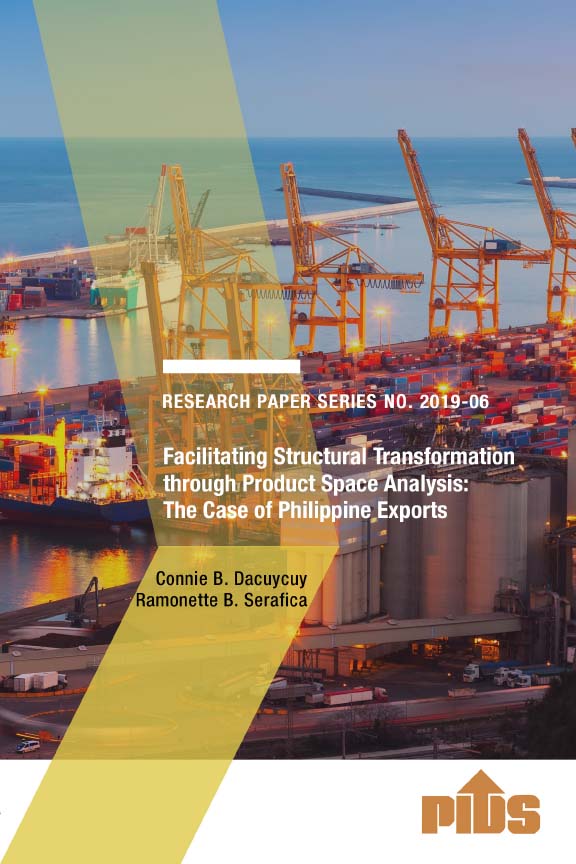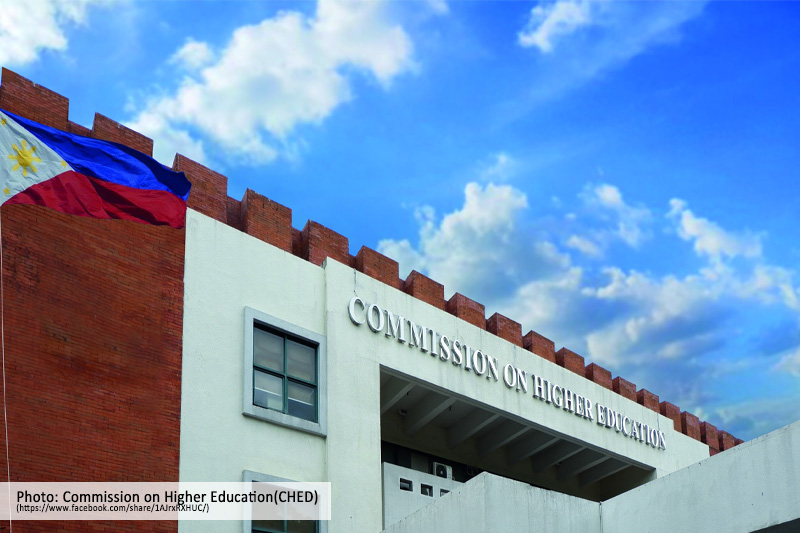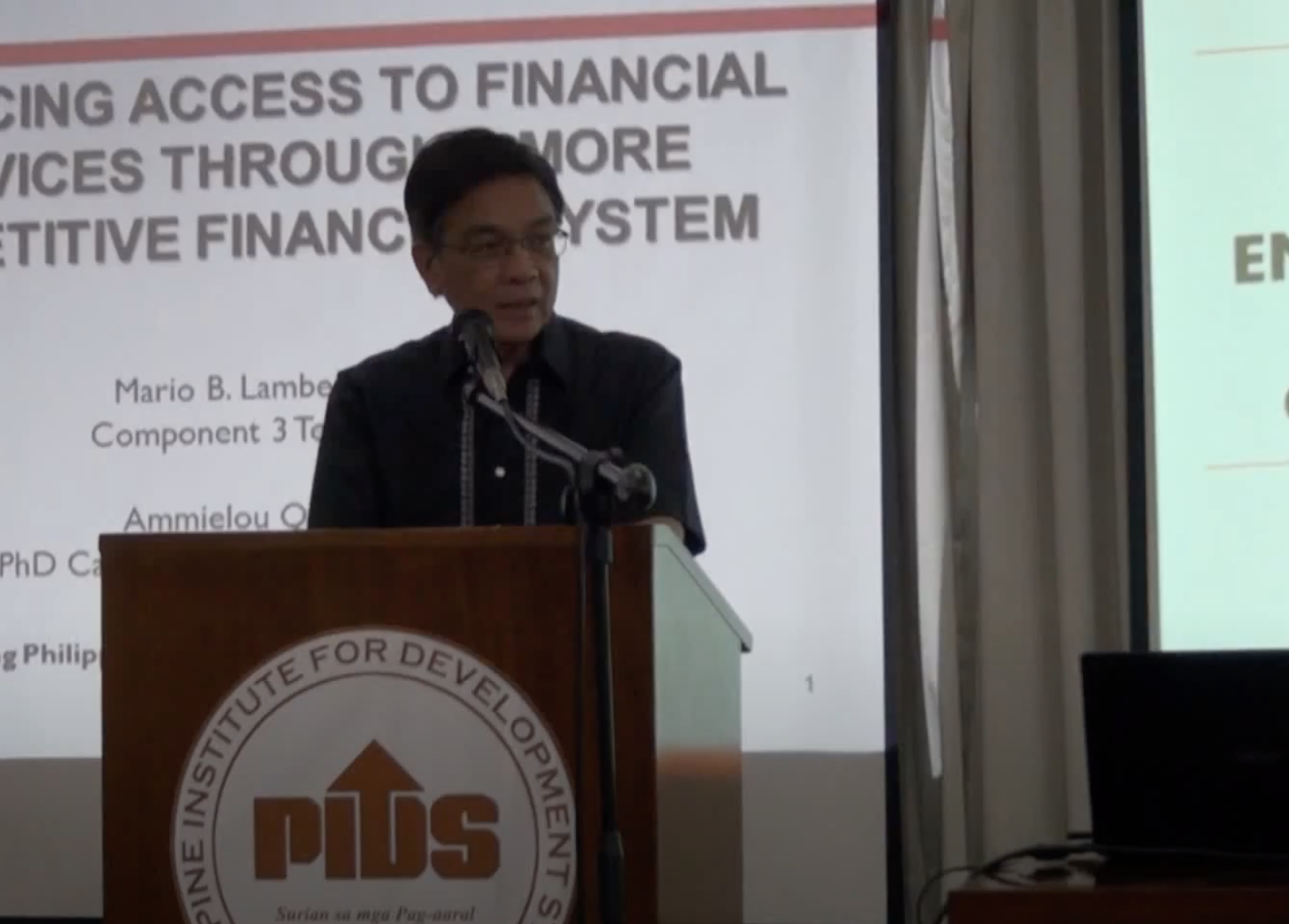To fully brace for the ASEAN integration and to be able to compete head-on against the neighboring countries in the region, the Philippines must take serious effort in reviving the manufacturing sector. Philippine Institute for Development Studies (PIDS) vice president Rafaelita Aldaba said in a statement that the Philippines needs to transform the manufacturing industry, which is crucial to attaining inclusive growth. Secondly, she cited the importance of more foreign direct investment (FDI) inflows and stronger participation of the country in regional production networks given the large market potential of the Asean Economic Community (AEC) offers. Third, the Philippines should pursue domestic reforms necessary to maximize the benefits of regional trade agreements. Josef T. Yap, PIDS former president said that manufacturing is important as a source of inclusive growth as it can generate more high-wage and high-productivity jobs, as compared with services. In the region, Yap said growth has come from regional production networks that are largely beneficial to the manufacturing sector. Yap said the local manufacturing sector has stagnated, he mentioned that Thailand’s share of manufacturing to gross domestic product in 2010 was 35.6 percent, compared with the Philippines’ 21.4 percent. In 2011, Thailand recorded US$139.7 billion in inward FDI stock, compared with the Philippines’ US$27.6 billion.

